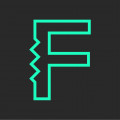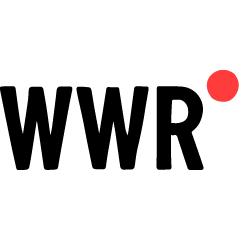About the Role
You might be a good fit if you have
Being a Designer at Flux
As a Design Engineer you are unique in your ability to leverage technology as a way to demonstrate and quickly validate product experiences. You’ll be at the forefront of exploring, demonstrating, and validating new product concepts that take the hard out of hardware.
- Convert emerging product concepts into tangible interactive prototypes
- Drive conceptualization of future features and experiences leveraging rapid-prototyping principles.
- Find ways to enhance the Product Design process by devising new tools and processes for Product Designers to increase fidelity and accelerate concept validation.
- Work with Engineering counterparts to find ways to take designs from concepts to production scale.
- Leverage systems thinking in your approach to solving problems quickly and efficiently, helping your teammates avoid redundant work and lost time.
- Evangelize prototyping as a critical part of the product development process
- Be a leader in recruiting for and further defining the role of Design Engineer at Flux
At Flux, we view world-class design as our competitive advantage. That means great design is embedded in our culture and you’ll be set up to make a big impact. You’ll be designing a tool that users will use every day to build awesome hardware. That means that you’re obsessed with creating simple, intuitive, and enjoyable experiences that delight users and make their lives easier. You’re able to take complex and ambiguous problems and distill them into elegant and actionable design solutions.
✅ Be a part of creating a paradigm shift in the hardware industry
✅ Enjoy a flexible remote culture so you can live and work anywhere
✅ Receive compensation and benefits in line with other high growth, VC backed startups
- B.S. or B.A. degree or equivalent years of experience
- 5+ years of experience with user interfaces, interaction paradigms, and visual design patterns as well as experience with a wide variety of software engineering tools and practices.
- Strong experience prototyping user interfaces. Additional experience building with web technologies with WebGL are a plus.
- Strong understanding of accessibility best practices for design and software development
- You understand software engineering best practices, including agile development, code reviews, design documentation, debugging, and troubleshooting
- Great communication skills - you’re able to clearly articulate ideas and collaborate with designers, product managers, engineers, and researchers to drive progress
- Growth mindset and a desire to learn, teach, and mentor
Today, our designers:
- Work primarily in Figma and Origami for clickable prototypes
- Autonomously figure out the solutions to their challenges
- Put themselves in the shoes of our users to craft a great experience
- Value clear, frequent communication
- Are naturally curious and lifelong learners
- Are supportive of each other and mentor each other - especially when teammates are faced with new challenges

